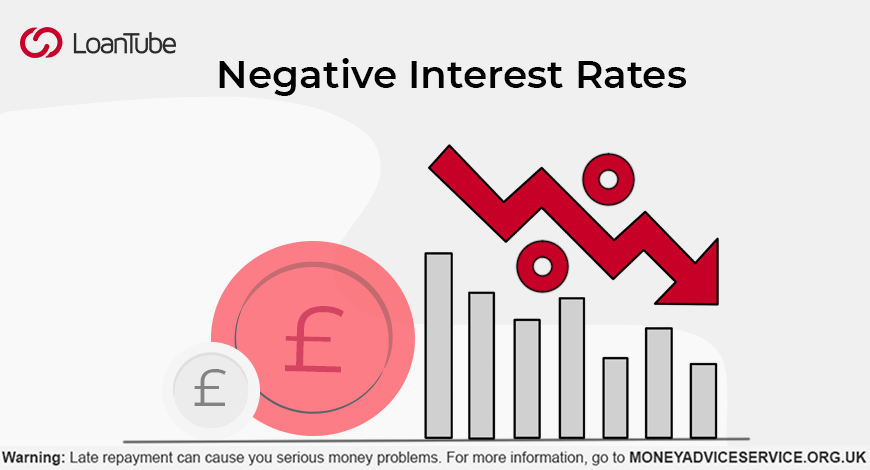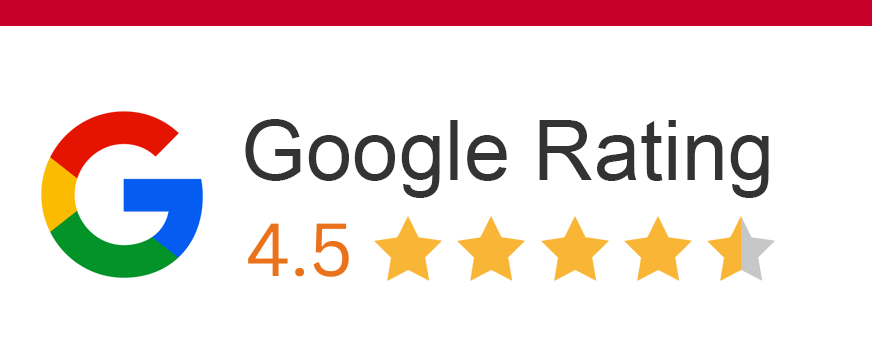Interest rate is the cost that you pay for borrowing money. It is charged only on the principal amount that you borrow. But an interest rate is not only limited to borrowing money. It is also the amount that you get on your savings. These rates affect us and therefore, even a small change may create a big impact. It is important to understand how these works and when they arise, or fall or stay at the same level.
Representative Example If you borrow £20000 over 72 months, your representative APR will be 22.90% APR. Your monthly repayments will be £488.36 and the total amount repayable will be £35,161.92. Representative Example If you borrow £20000 over 72 months, your representative APR will be 22.90% APR. Your monthly repayments will be £488.36 and the total amount repayable will be £35,161.92. Representative Example: Loan Amount: £20950.00, Loan Term: 85 Months, Interest Rate: 23.00% PA Variable. Monthly Repayments: £537.44. Total Amount Repayable: £45,682.15. This example includes a Product Fee of £2,095.00 (10% of the loan amount) and a Lending Fee of £714.00 Representative Example: Loan Amount: £20950.00, Loan Term: 85 Months, Interest Rate: 23.00% PA Variable. Monthly Repayments: £537.44. Total Amount Repayable: £45,682.15. This example includes a Product Fee of £2,095.00 (10% of the loan amount) and a Lending Fee of £714.00 Representative example: If you borrow £3000 over 36 months at a Representative rate of 47.8% APR and an annual interest rate of 39.7%, you would pay 12 monthly installments of £143.84. The total charge for credit will be £2178.24 and the total amount payable will be £5178.24. Representative example: If you borrow £3000 over 36 months at a Representative rate of 47.8% APR and an annual interest rate of 39.7%, you would pay 12 monthly installments of £143.84. The total charge for credit will be £2178.24 and the total amount payable will be £5178.24.Maximise your options: Compare and apply for loans below with LoanTube
Apply Filters

Loan Amount
£4000 -
£20000
Norwich Trust
Loan Term
1 -
10 years
4.8/5
Representative APR
22.9%
Minimum Age
21 Years

4.8/5
Norwich Trust
Loan Amount
£4000 -
£20000
Loan Term
1 -
10 years
Representative APR
22.9%
Minimum Age
21 Years
Minimum Income
£2000 per month

Loan Amount
£5000 -
£100000
Evolution Money Loans
Loan Term
1 -
20 years
4.5/5
Representative APR
28.96%
Minimum Age
18 years

4.5/5
Evolution Money Loans
Loan Amount
£5000 -
£100000
Loan Term
1 -
20 years
Representative APR
28.96%
Minimum Age
18 years
Minimum Income
Not mentioned

Loan Amount
£1000 -
£10000
1Plus1 Guarantor Loans
Loan Term
1 -
5 years
4.4/5
Representative APR
47.80%
Minimum Age
18 years

4.4/5
1Plus1 Guarantor Loans
Loan Amount
£1000 -
£10000
Loan Term
1 -
5 years
Representative APR
47.80%
Minimum Age
18 years
Minimum Income
Not mentioned
What are negative interest rates?
- The Bank of England sets the interest rate for the UK. It is the interest that a commercial bank gets charged if it stores excess reserves with the Bank of England. It helps the commercial banks to set an interest rate at which they will lend money to businesses and individuals. So, if interest rates are positive, a borrower has to pay additional money to the lender. Does that mean if the interest rates are negative, the borrower will get money from the lender for borrowing?
What happens when interest rates are negative?
- When inflation surpasses the nominal interest rate – interest rates turn negative. Often, the government takes such a step to boost the economy. Although this is an unusual monetary policy, it helps achieve sustainable growth and keeps inflation at a manageable level.
Why do Governments turn interest rates negative?
- Negative interest rates imply a decline in borrowing costs, throughout the economy. This also pushes banks to lend more money, to avoid paying for it. And lending, in turn, helps in uplifting the economy. Negative interest rates also lower the value of a country’s currency. The rate cut by Bank of England implies that the assets valued in Pound Sterling wouldn’t yield as much of a return as earlier. This would mean lower demand for Pound Sterling, meaning that the country’s exports will be cheaper than others.
What would negative interest rates mean for investors?
- In simpler terms, negative interest rates would mean making saving expensive for people, to get them to increase their expenditure. Although Central Banks deploy unparalleled policies such as quantitative easing and decreased interest rates, sturdy growth remains far-fetched. Investors are not too keen on spending despite these efforts.
What would it mean for your savings?
- Some banks already charge a fee on current accounts. It is safe to conclude that people would rather withdraw their savings and keep them at home, than paying for them, should interest rates go below zero. This would bring along another set of problems, like burglaries and break-ins. However, the bigger problem would be that more and more savings accounts would head towards zero if interest rates go negative.
What would it mean for Mortgage?
- Mortgages can be categorized as ‘Fixed rate’ and ‘Tracker’. Fixed-rate mortgages have already seen a drop in their price. High street commercial banks like HSBC and Barclays have already decreased their fixed rates to 1.39% and 1.5% respectively.
- Tracker mortgages, on the other hand, have been re-priced with greater margins, to secure the lenders against the declining interest rates.
- Negative rates aim at encouraging banks as well as building societies to lend more frequently. Otherwise, they would have to pay an overhead charge on the deposited money.
What would it mean for Loans and Credit cards?
- Negative interest rates will not have a major impact on personal loans. This is because personal loans are already offered at a low and fixed rate. So your repayment amount won’t reduce if rates go beyond zero.
- In the case of credit cards as well, the initial rate that is offered by companies is low. This eventually does rise above the base rate, so there won’t be any impact on credit cards. There’s a nil chance that they will fall beyond zero. The key concern here would be to endure the increasing number of defaults due to an unemployment surge for the rest of 2020.
- Our takeaway from the Negative Interest Rates Policy (NIRP)
After this analysis of Negative Interest rates and how they impact us, let’s throw some light on the most significant insights from this:
- Negative interest rates arise when Central Banks in a nation reduce their interest rates below zero.
- This unusual monetary policy is deployed to encourage banks to lend money on a low-interest rate, to avoid the fee levied if they deposit their money in Central Banks.
- Negative interest rates are brought in to prevent deflation in the shorter run, to stimulate economic growth. Though this may have a negative long term effect.
Even though the interest rates in the UK aren’t likely to go further below, one thing that seems certain is that once an economy opts for negative rates, it has already limited options for a robust sustained economic recovery.


